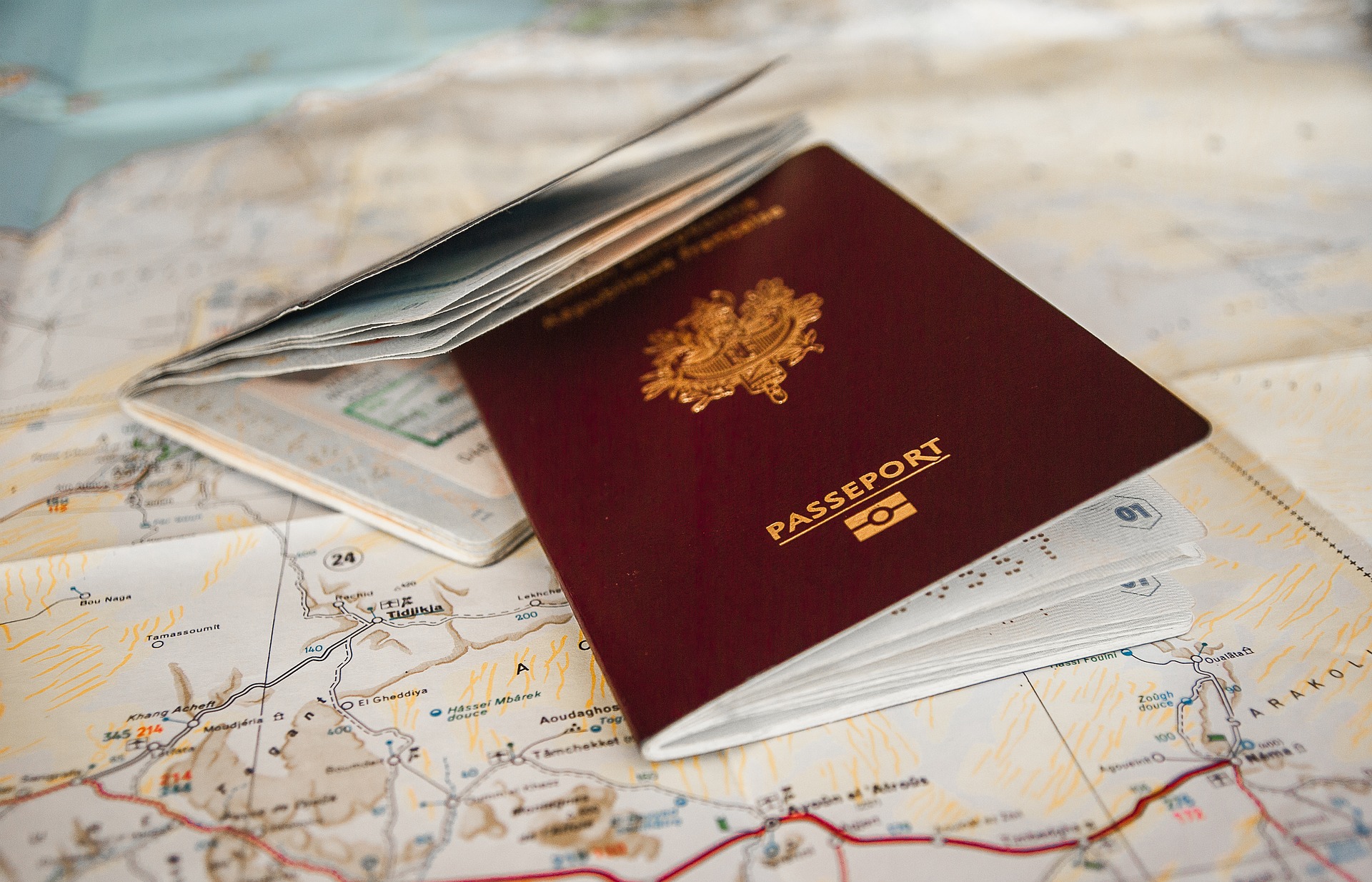Heading out on a hike is a wonderful way to spend a day. Whether you’re exploring an unknown mountain, traversing the forest or just talking a walk around a national park close to home, hiking will allow you to experience nature and explore the world around you.
Whether you’re hiking alone or with a group, you always want to be prepared. When you’re deciding what to bring for a day hike, there are several factors to take into account. Think about how far you are wanting to hike as well as how far your hiking spot is from civilization. Checking the weather is also advised. In general, you’ll need to pack more if you plan on hiking longer distances, more remote areas, or less predictable weather conditions.
Regardless of your hiking plans, you should always have these things in your pack:
- Backpack
- Clothing for the weather (extra jacket, moisture wicking shirts, etc.)
- Hiking shoes
- Food
- Surplus water
- Compass and maps
- First aid kit
- Knife
When you are packing, you need to make sure that you’re prepared for the worst. A small hiking backpack is perfectly appropriate for a short hike, but if you plan on being gone for more than a day, a larger pack is preferable.
The weather, not only for the day you intend to travel, but also for the next few days as well as normal season conditions should be taken into account. Light rain jackets, long underwear, gloves, hats, fleece pants, and wool or other thick socks should definitely be considered. Clothing is one of the main things that can improve your condition in the wild if you were to get hurt, lost, or stuck.
Water, a water filter or filtration system, and trail snacks should always be included in your pack. It’s also wise to pack an additional day’s worth of food for emergency situations. If you are hiking an unknown or remote area, it’s always a good idea to make sure that you have access to a surplus of water as well as a good idea of where you can find water along your route.
Maps and compasses are a definite must-have. However, it’s also smart to have access to a GPS or locator beacon. These can be found online and can be a lifesaver in the event of an emergency.
Other items that you may want to include are sunscreen, bug repellent, flashlights, binoculars, baby wipes or toilet paper, blister treatments and chapstick, alcohol wipes, and minor repair kits which may include duct tape, zip ties, needles, or thread. Additionally, you will want to make sure that you have money and identification.
Hiking can be a wonderful experience if you are properly prepared. For a short day hike, this list and your knowledge will make it easy to pack a bag with more than enough supplies for a successful day in the woods






